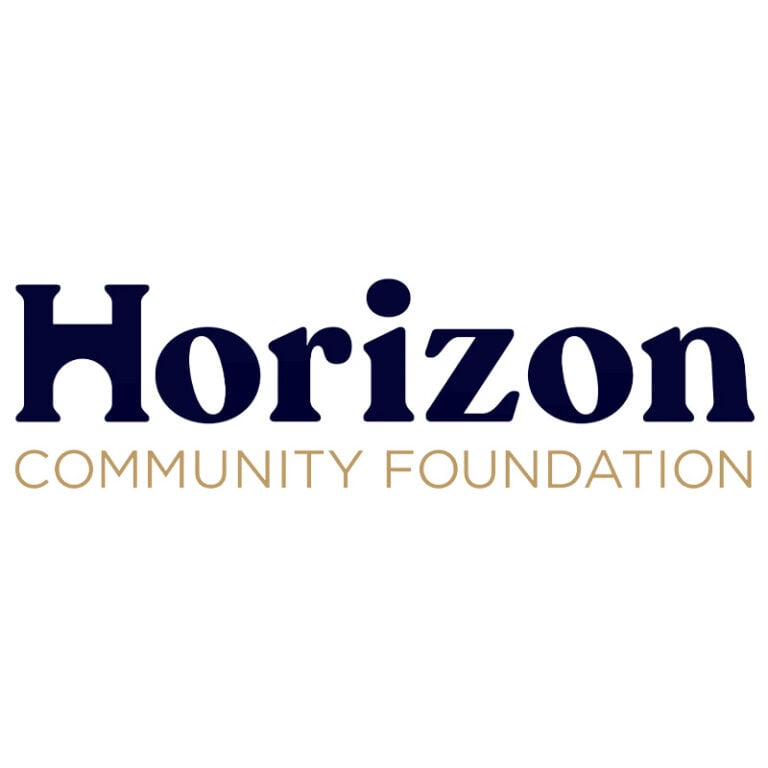By Tom Latek
Kentucky Today
As if the Hepatitis A outbreak in Kentucky wasn’t enough, the Department for Public Health has announced that there is also an E. coli outbreak in the state.
DPH officials said 20 Kentuckians have tested positive for a strain of E. coli O103. While investigators have not yet identified the source of the outbreak, they say they believe that some sort of food distribution is a likely mechanism for this outbreak among many of the individuals afflicted by the potential life-threatening bacteria.

The reported cases involve children as well as adults, many of whom reside in central Kentucky, according to the DPH. No deaths linked to the outbreak have been reported but six people have been hospitalized.
“Exposure to E. coli bacteria can be debilitating and potentially life-threatening, especially for small children and individuals with weakened immune systems,” said DPH Commissioner Dr. Jeff Howard. “With this in mind, the Department for Public Health has taken swift action to identify patients, ensure appropriate testing, and follow-up care as we work to determine the source of the outbreak.
“Healthcare providers across Kentucky have been alerted to this potential threat and are working with us to make sure patients are identified and are receiving appropriate care.
Meanwhile, we encourage all Kentuckians to be aware of the signs and symptoms of E. coli illness and to seek care if they are ill.”
Symptoms typically include stomach cramps and diarrhea, including bloody diarrhea, and people generally become ill two to five days after consuming contaminated food.
Health officials warn that E. Coli disease sometimes leads to hemolytic-uremic syndrome, a serious complication that can cause kidney failure and can occur a week or more after the onset of diarrhea.
Those most at risk of developing complications from E. coli infection include the very young, the elderly, and people with weakened immune systems State health officials are working with staff at local health departments in the counties with suspected or confirmed cases to determine the source of the infections.
If you believe you have experienced symptoms of illness that could be associated with this E. coli outbreak, please consult your health care provider or your local health department.





















